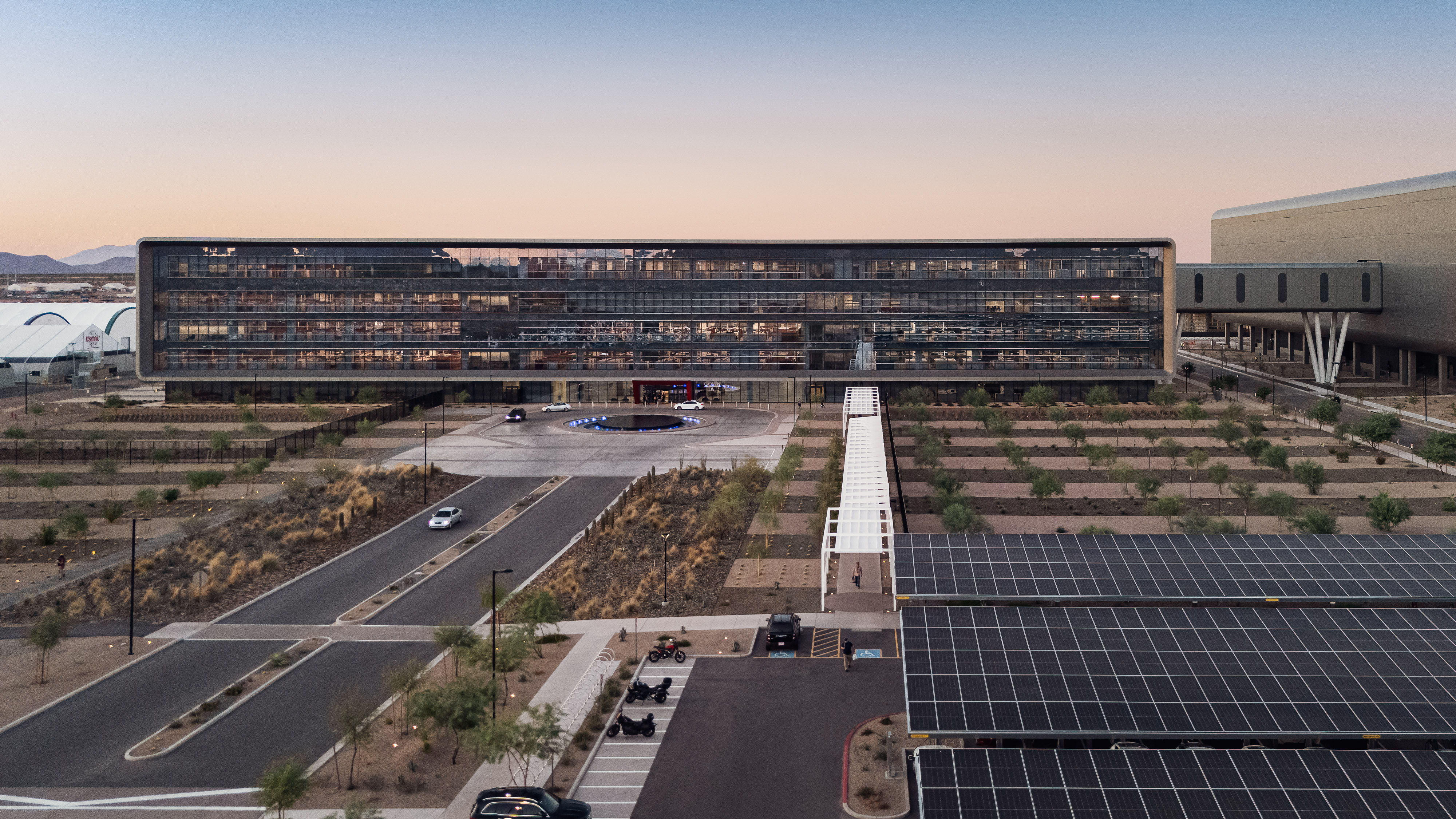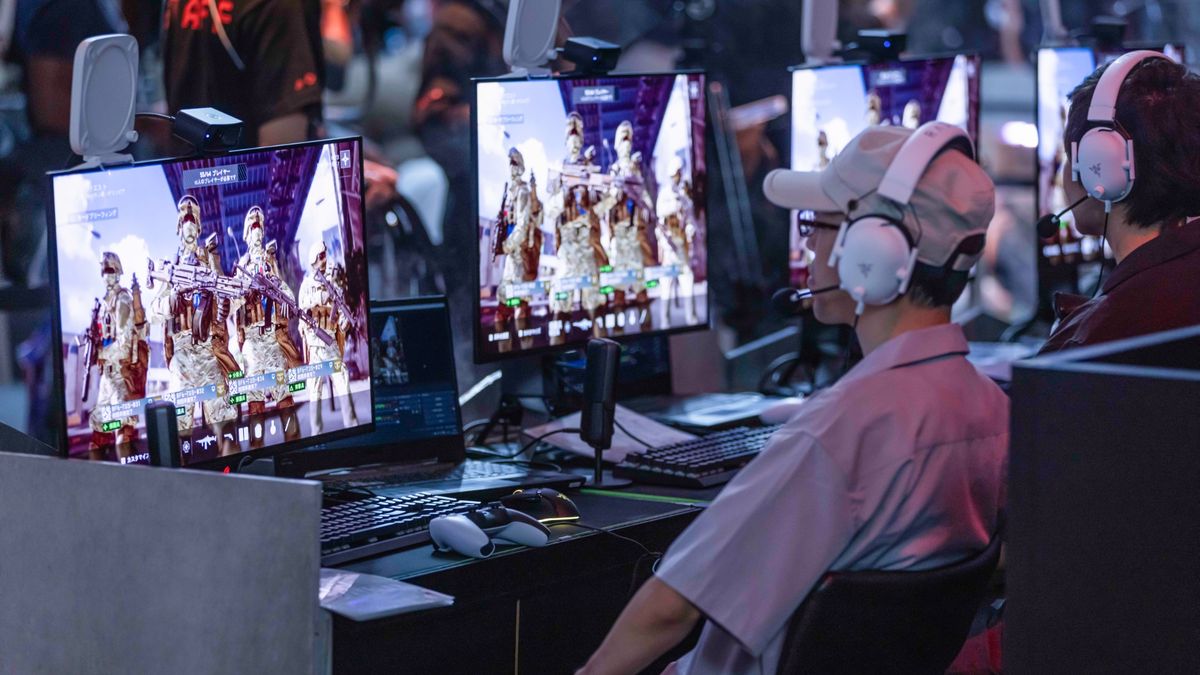A power outage at one of TSMC's suppliers in Arizona interrupted production at the firm’s Fab 21 in late September, prompting the company to scrap some of the wafers that were in production at the time, according to reliable insider Tim Culpan. A TSMC representative confirmed to Tom’s Hardware that a power outage at a TSMC supplier occurred, but did not confirm if any losses occurred.
The disruption of power supply originated at Linde, a British industrial-gas specialist contracted to support Fab 21. While the power cut did not blackout the fab itself (like other semiconductor production facilities, this one has its own generators to support its operation in case of blackouts), it did cut off delivery of various materials essential for its operation. According to Culpan, TSMC had to stop production for several hours, incurring losses as a result. However, the company has not disclosed how many wafers had to be scrapped (if any), or the financial impact of the outage.
Back in Taiwan, TSMC oversees its gas infrastructure (as well as many other parts of the infrastructure it uses down there) itself. However, in the U.S., the company has to outsource this function. To some degree, this leaves the Fab 21 site vulnerable to failures outside its immediate control. Yet, now that the foundry understands this point of failure, it can work it out and avoid it in the future, not only with its Fab 21 phase 1, but with further upcoming Fab 21 phases as well. Finding out weak spots both on the fab level and around the supply chain is inevitable for a new facility at this point, so if something is discovered early enough, this is positive for TSMC’s upcoming projects at the site, namely Fab 21 phase 2 and phase 3.
The question is, how can a more or less controlled interruption harm TSMC and its clients financially? The TSMC spokesperson says that the profitability of Fab 21 in the third quarter —which dropped to an almost breakeven point — was determined by the fact that it initiated construction of Fab 21 phase 3 during the quarter, incurring natural startup costs. The merit of the claim is something that we are going to find out in the financial results of the ongoing quarter, but halting modern advanced semiconductor fabs can be very costly.

Follow Tom's Hardware on Google News, or add us as a preferred source, to get our latest news, analysis, & reviews in your feeds.

 7 hours ago
10
7 hours ago
10








 English (US) ·
English (US) ·